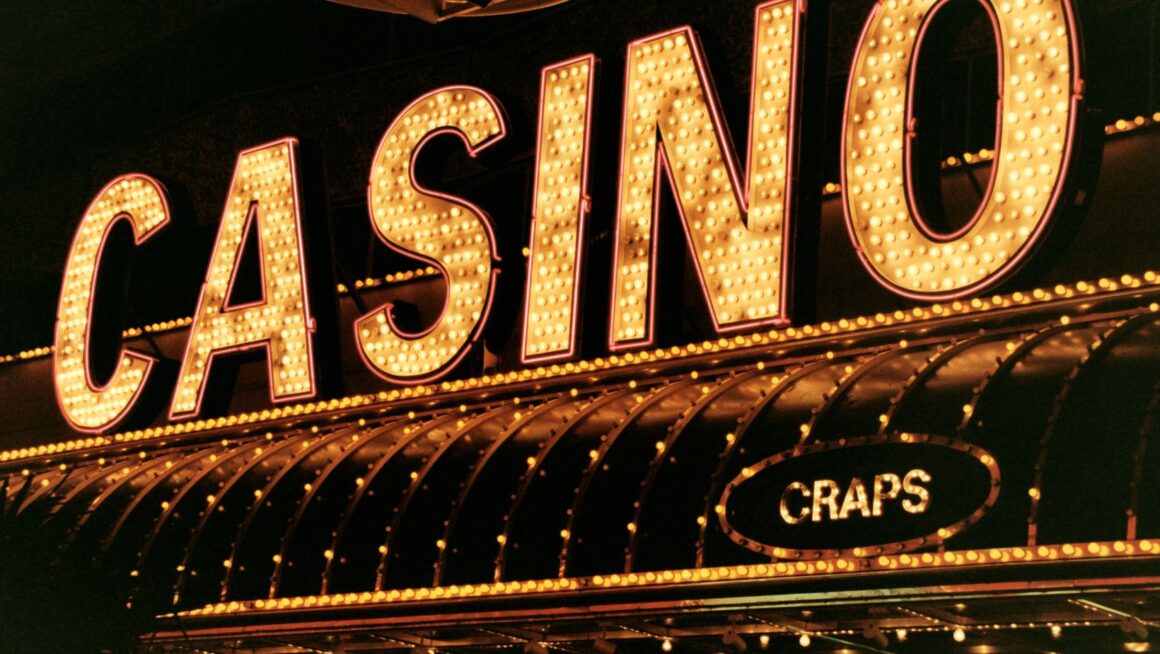Picture this: you just hit a decent win, request your withdrawal, and then… nothing. Days turn into weeks, weeks into months, and your money sits trapped in digital limbo while customer service feeds you excuse after excuse.
Last year, I lived this nightmare for three months over a $3,400 withdrawal. The casino looked legitimate, had good reviews, and even processed my first small cashout perfectly. But when I tried to withdraw my biggest win ever, they showed their true colors. Here’s exactly what happened and the red flags I should have caught earlier.
How It Started: The Perfect Setup
SkyLuck Casino seemed like a solid choice. Professional website, Curacao license displayed prominently, and decent ratings on review sites. I’d been playing there for two months, making small deposits of $50-100 and had even withdrawn $200 successfully just weeks before.
In hindsight, I should have researched better established operators. Casinos like mFortune Casino focus heavily on mobile-optimized gaming with transparent withdrawal policies and dedicated customer service teams—exactly what you need when processing larger payouts becomes necessary.
The trouble started after I hit big on Pragmatic Play’s Gates of Olympus. A 5,000x multiplier on a $1.60 bet netted me $8,000. After playing a bit more, I decided to cash out $3,400 and keep $1,000 for future sessions.
Red flag I missed: The first withdrawal being processed quickly was likely a “trust builder.” Rogue casinos often allow small withdrawals to establish credibility before trapping larger amounts.
Week 1-2: The Stalling Begins
Initially, everything seemed normal. I submitted my withdrawal request on a Tuesday afternoon. The site said 3-5 business days for processing, which was standard.
Day 6 came and went. No money, no update. I contacted support:
Me: “Hi, my withdrawal from last week hasn’t arrived yet. Can you check the status?”
Support: “Your withdrawal is currently under review by our finance team. This is standard procedure for larger amounts. Please allow 7-10 business days.”
Seven days became ten. Ten became fourteen. Each time I asked, they had a new excuse: “enhanced security review,” “provider delays,” “compliance verification.”
Warning sign: When processing times keep extending without clear explanations, that’s a major red flag. Legitimate casinos stick to their stated timeframes.
Week 3-6: Document Hell
Suddenly, they needed additional verification. Despite having a fully verified account, they now required:
- Bank statements from the last three months
- Utility bill dated within 30 days
- Photos of my ID from multiple angles
- Source of income documentation
- A notarized letter confirming my address
I provided everything within 48 hours. They took another week to “review” the documents, then requested them again in different formats. This cycle repeated three times.
The pattern emerged: They were deliberately creating bureaucratic loops to delay payment and hoping I’d either give up or gamble the money away.
Week 7-12: The Real Battle
By month two, I realized this wasn’t incompetence—it was theft. I escalated my approach:
What I tried:
- Daily support tickets
- Email complaints to their management
- Social media call-outs
- Casino review site complaints
- Licensing authority reports
Their responses became increasingly hostile. Support agents started suggesting I was “impatient” and should “respect their processes.” One agent even suggested I cancel the withdrawal and “try my luck again.”
The licensing authority (Curacao) never responded. The review sites removed my negative comments, claiming “insufficient evidence.”
The Resolution: Persistence Pays Off
What finally worked was public pressure combined with payment processor complaints. I filed disputes with every payment method I’d used and posted detailed accounts on multiple gambling forums with screenshots of every interaction.
After 89 days, the money appeared in my account. No explanation, no apology. Just a generic email saying my withdrawal had been “successfully processed.”
Key lesson: Document everything. Screenshots, email chains, support chat logs—this evidence becomes crucial if you need to escalate.
Red Flags I Should Have Caught
Looking back, the warning signs were obvious:
Before depositing:
- License was from a jurisdiction known for poor enforcement
- No phone support, only live chat and email
- Reviews were suspiciously positive with similar phrasing
- Terms and conditions mentioned “extended verification periods”
During play:
- Bonuses had unusually complex wagering requirements
- Game selection was limited compared to established casinos
- Support responses were templated and unhelpful
How to Protect Yourself
Research thoroughly: Check multiple review sources, licensing details, and complaint forums before depositing.
Start small: Always test withdrawals with smaller amounts first.
Practice before committing: Try free video slots to understand game mechanics and casino interfaces before risking real money on unfamiliar platforms.
Read terms carefully: Look for clauses about verification procedures and withdrawal limits.

Document everything: Save screenshots of all transactions and communications.
Set limits: If a casino delays withdrawals beyond stated timeframes, don’t deposit more money.
Bottom Line
That three-month battle taught me that not all casinos are created equal. The legitimate-looking exterior can hide predatory practices designed to separate you from your winnings.
The $3,400 eventually came back, but the stress and time lost weren’t worth it. Now I stick to established operators with solid reputations and instant withdrawal processors. Your sanity and money deserve better than dealing with rogue operators playing delay tactics.

